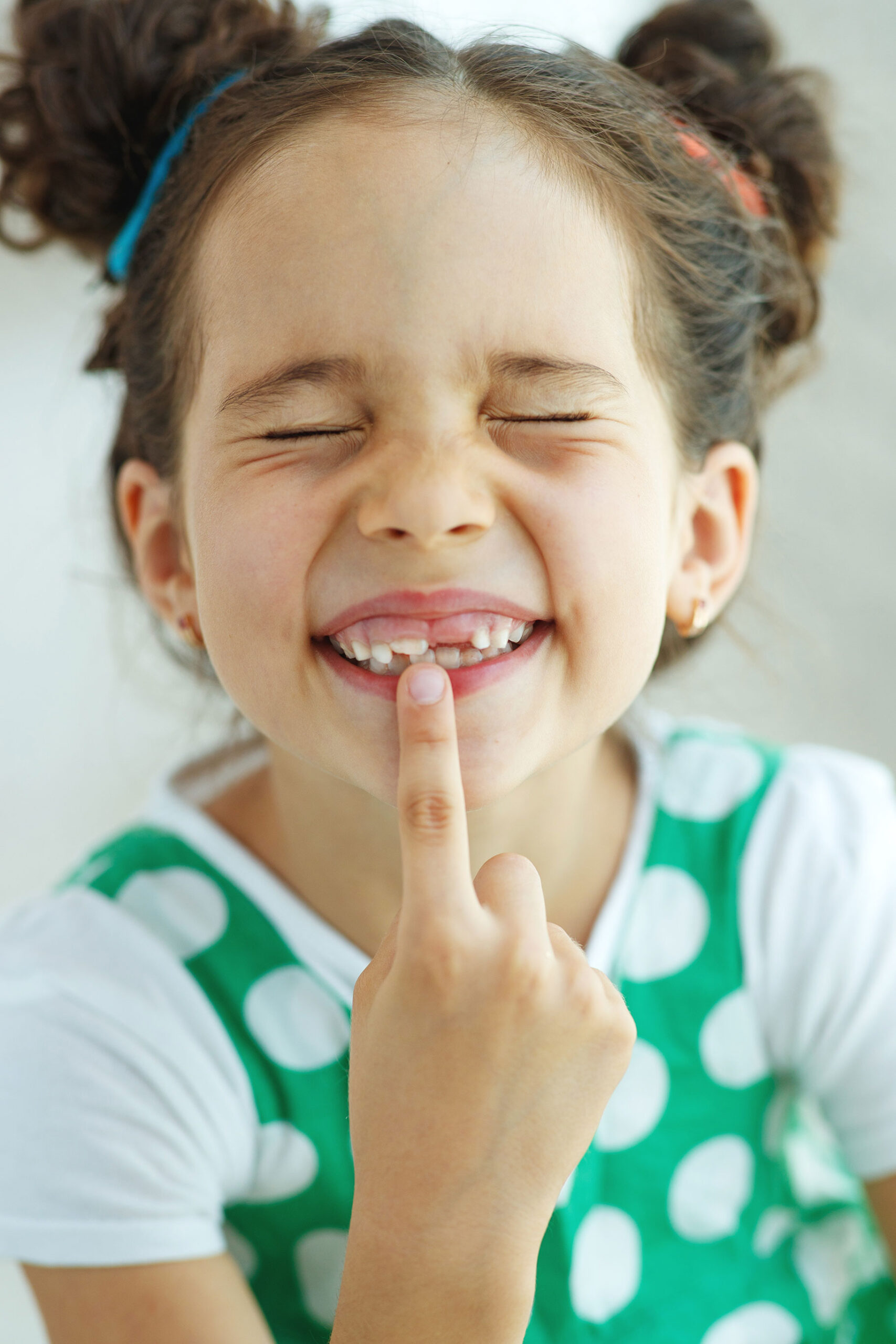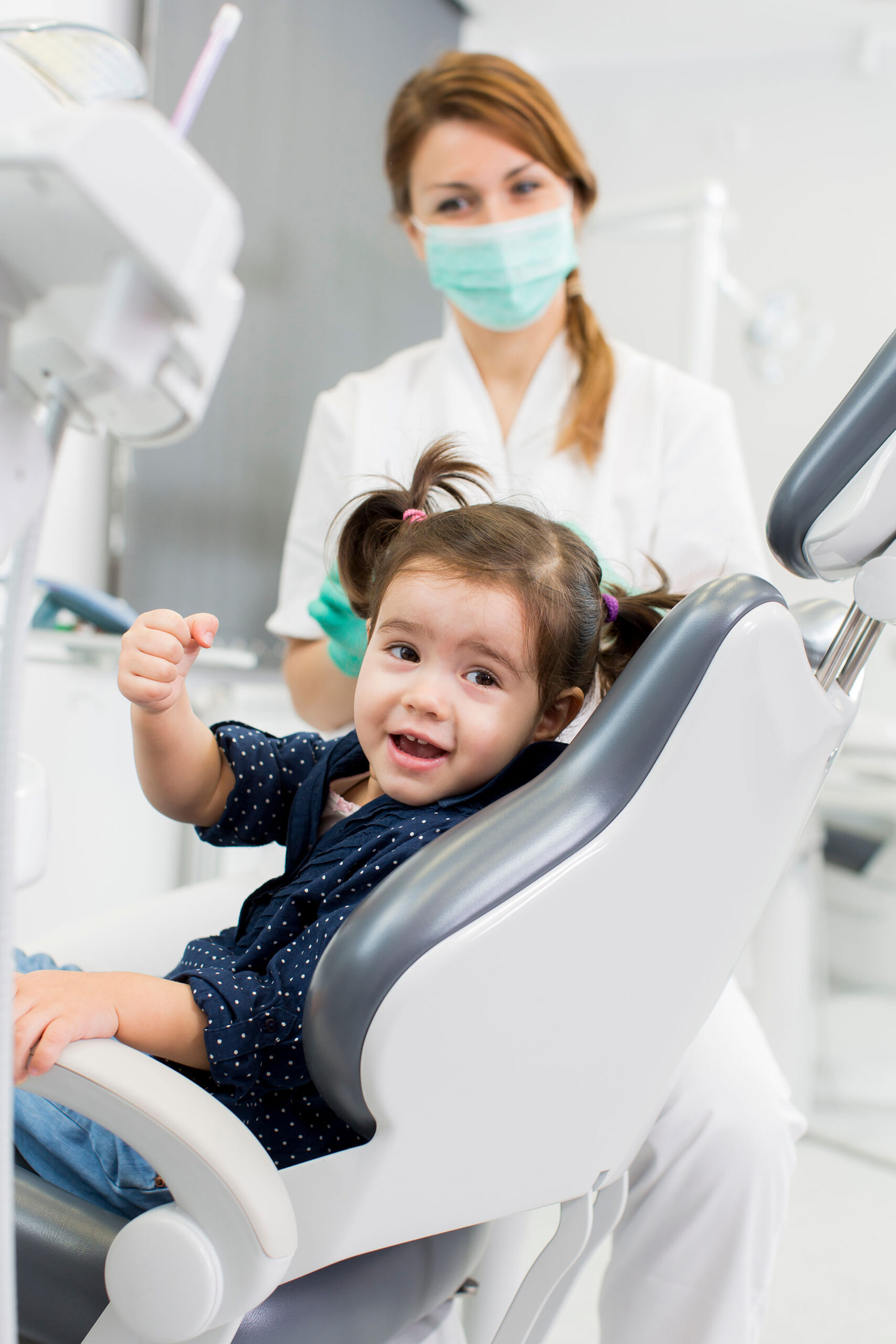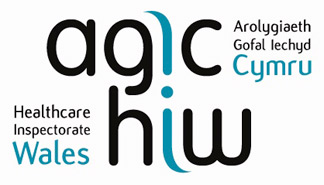Children’s Dentistry

Regular Dental check-ups help your dentist to help you prevent and treat decay before it causes cavities and toothache.
Children should start to visit the dental practice as young as possible, so bring them along with you to your check-ups. They may be too young for an examination but the visits helps to familiarise them with the surroundings, the smells, noise and most important they meet the dentist.
The examinations will be informal to start, a quick look using a dental mirror. Counting the teeth and looking for signs of decay. As the child’s confidence grows your dentist will carry out a more thorough examination.
The check up
The dentist will look at the following:
- Which teeth have erupted (come through the gum)
- Accessing the development of the jaw
- Looking at the soft tissues (tongue, cheeks, lips and throat)
- Checking for cavities in the teeth
- As the child gets older we will assess the how they bite together to check if orthodontics are required later on
We give advice on preventive care
- Healthy diet
- Brushing techniques
- Fluoride treatments if necessary
- Fissure sealants if there’s a high risk of cavities developing
How to take care of your child’s teeth
Oral hygiene starts as soon as your child’s first tooth erupts through the gum, this is around six months of age.
The examinations will be informal to start, a quick look using a dental mirror. Counting the teeth and looking for signs of decay. As the child’s confidence grows your dentist will carry out a more thorough examination.
The check up
The dentist will look at the following:
- Which teeth have erupted (come through the gum)
- Accessing the development of the jaw
- Looking at the soft tissues (tongue, cheeks, lips and throat)
- Checking for cavities in the teeth
- As the child gets older we will assess the how they bite together to check if orthodontics are required later on
We give advice on preventive care
- Healthy diet
- Brushing techniques
- Fluoride treatments if necessary
- Fissure sealants if there’s a high risk of cavities developing
- Use a small and very soft child’s toothbrush and a rice sized amount of children’s tooth paste. As this contains less fluoride than adult tooth pastes; if you are unsure about the fluoride content please speak to your dentist or health visitor
- Brush twice a day once in the morning and before bed, cleaning the teeth and the gum area. You will need to clean your child’s teeth or supervise until they are around 8 years old
- Encourage your child to spit the toothpaste out but not to rinse with water as this reduces the effects of the fluoride
- Do NOT allow your child to fall asleep with a bottle of milk, formula milk or any fruit juice as these have hidden sugars which will pool around the teeth as they sleep, leading to cavities
- Limit the amount of sugars in your child’s diet. If they do have sugary snacks and drinks keep them to meal times only and give water and healthy snacks in between
If your child is prone to tooth decay in their baby teeth your dentist may recommend fluoride treatment as this helps to strengthen the tooth surface. Then as the adult teeth erupt through the gum, it may be advised that a protective layer is painted onto the tooth’s biting surface, which is called ‘Fissure Sealants’.







